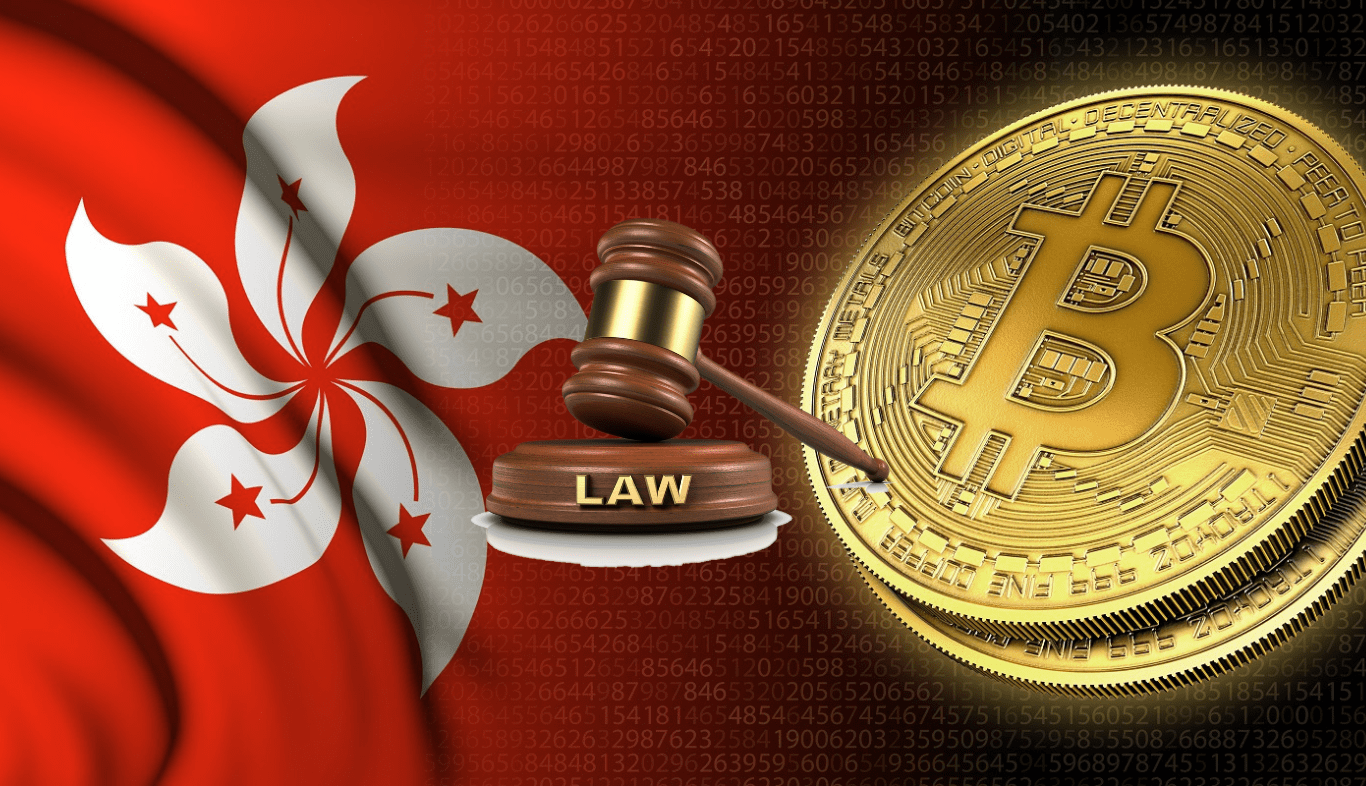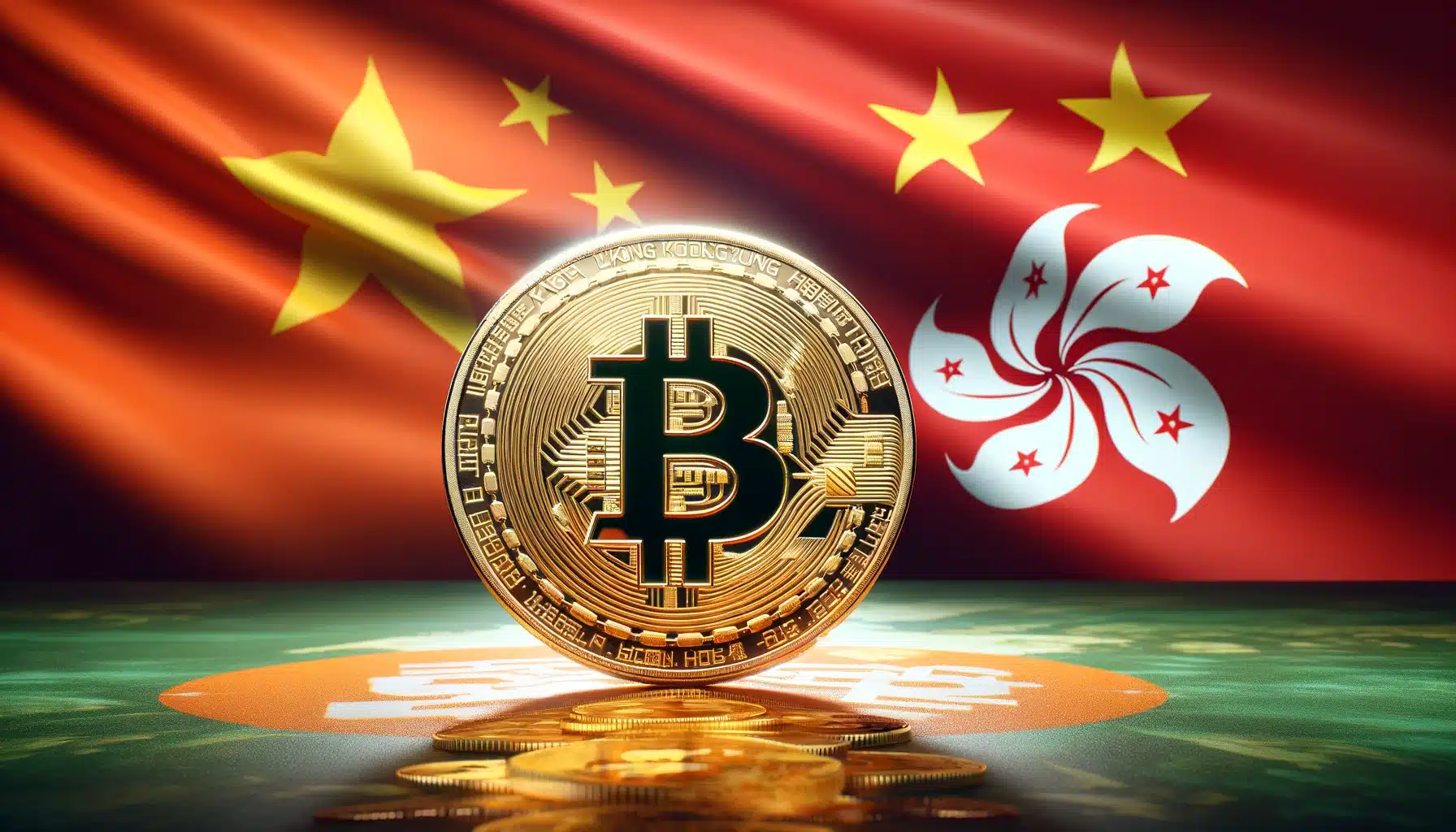The High Court of Hong Kong has made a significant move in the ongoing Mantra Chain dispute by mandating the release of financial records related to Mantra Chain’s operations. This decision marks a pivotal development in the legal battle between Mantra DAO, Inc. and RioDeFi, the provider of its infrastructure. The conflict centers on allegations that former RioDeFi employees misappropriated funds and contracts from Mantra.

The August 12, 2024, verdict highlights the complex nature of decentralized autonomous organizations (DAOs) and their governance. The Mantra Chain dispute exemplifies the difficulties in resolving DeFi conflicts through traditional legal mechanisms. The court’s order for financial disclosure aims to provide clarity on Mantra’s financial status from January 2021 to the present, offering both parties a clearer picture of the project’s fiscal health.
Mantra Chain Dispute: Navigating DAO Ownership and Control
The defendants in the Mantra Chain dispute were instrumental in the founding of Mantra DAO, which later became Mantra Chain. According to LinkedIn profiles, these individuals were identified as RioDeFi employees. The court filing reveals that Mullin and Corkin were responsible for the day-to-day operations of Mantra DAO, established in May 2020. Their roles reportedly included reducing the frequency of financial reports after January 2021. Allegations suggest that they began treating the project as their own, leading to the misappropriation of cryptocurrency from Mantra’s account.
In response, the plaintiffs sought an injunction to prevent the defendants from dealing with or disposing of bitcoin and their trademarks. However, the judge only granted the request for financial disclosures.
Legal Challenges in Defining DAO Ownership and Control
The Mantra Chain dispute underscores the legal complexities surrounding DAOs and their governance frameworks. The case is notable because the defendants argue that decisions in a DAO are made by token holders rather than beneficial owners. In August 2022, token holders elected Mullin, Corkin, and Miranda as council members, granting them authority to represent the DAO. Notably, Laurent and other RioDeFi executives did not run for council positions at that time.

The court commented, “The present action is a dispute as to the true ownership, management, and control of the Project, a ‘decentralized autonomous organization.’” The court acknowledged the unfamiliarity with the operational methods and structures of DAOs, stating, “Given the allegations by both camps, the court is not in a position to form a preliminary view about the overall merit of the claim.”
Additionally, the court emphasized, “The aim of the present application is to preserve the status quo pending trial by allowing the Plaintiffs to gain some visibility into the financial operations of the Project, which they claim is owned by them.”
Implications of the Mantra Chain Dispute for DAOs
The Mantra Chain dispute reveals the intricate legal challenges that DAOs face within traditional legal frameworks. With DAOs becoming increasingly prevalent in the blockchain and crypto sectors, courts are grappling with how to apply existing legal principles to these novel governance structures. By ordering financial disclosures, the Hong Kong High Court has set a precedent for addressing DAO-related issues. This approach highlights the need for a nuanced understanding of DAOs, recognizing their unique characteristics and the court’s limited familiarity with their operations.

The Mantra Chain dispute also underscores the importance of transparency in financial systems and well-defined governance structures for DAOs. The case illustrates potential issues arising from ambiguous ownership, control, and financial management within decentralized organizations.
Conclusion: Charting New Territory in Blockchain Jurisprudence
The Mantra Chain dispute represents a critical juncture in the intersection of blockchain technology and legal systems. This case offers an opportunity to explore new legal frameworks and concepts tailored to decentralized governance.
The Hong Kong court’s decision to mandate financial disclosures in the Mantra Chain dispute reflects a practical approach to resolving conflicts in the realm of DeFi. As this case progresses, it may set important precedents and influence how similar disputes are handled globally. The outcomes of the Mantra Chain dispute could provide valuable insights into the future of blockchain law and decentralized governance. TheBITJournal remains dedicated to delivering in-depth analysis on the evolving events shaping the sector.





























